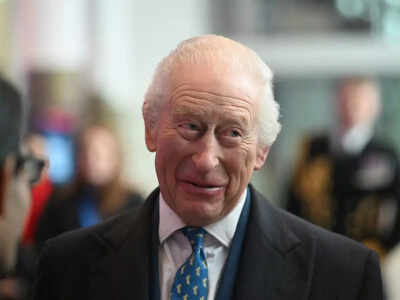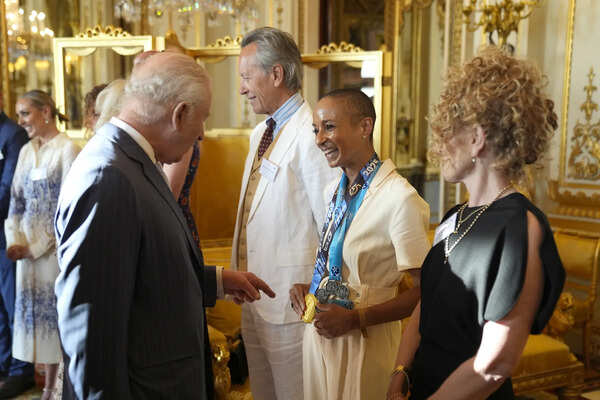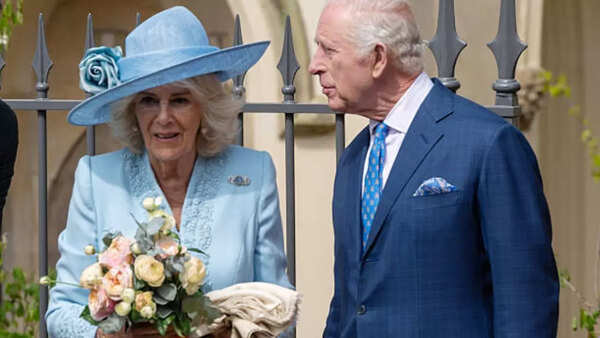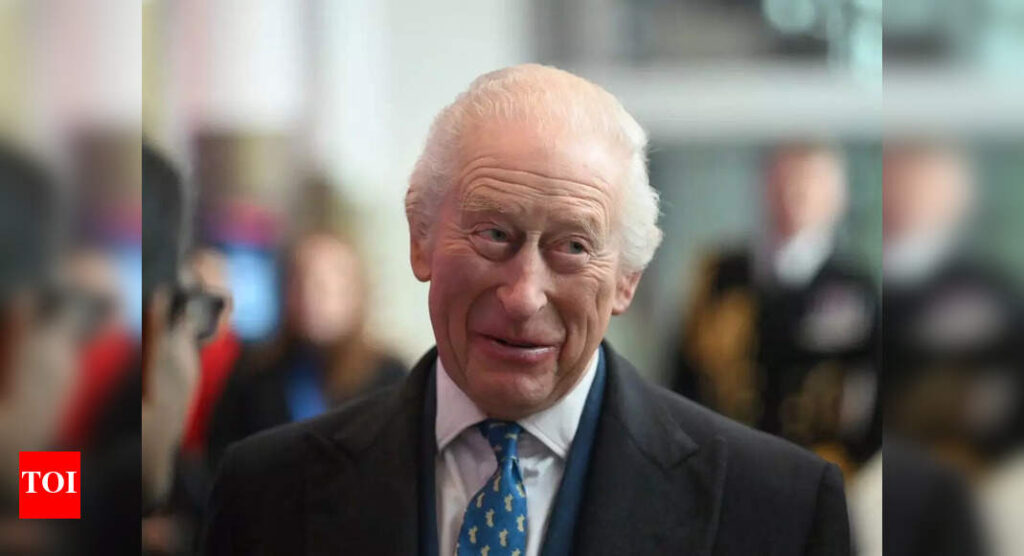
In one of the most deeply personal moments of his reign, King Charles has opened up about what it truly felt like to hear the words no one wants to hear: “You have cancer.” His message, shared during a reception for cancer charities at Buckingham Palace, was not just a royal statement — it was a human expression of vulnerability, strength, and gratitude.
Diagnosed in February 2024 with an undisclosed form of cancer, the King continues to undergo treatment. But more than the details of his health, it is his emotional honesty that has touched many. He didn’t speak from the throne; he spoke from experience — as someone who knows fear, who understands the waiting, and who cherishes every hand that offers help.

The King didn’t hold back from using the words “daunting” and “frightening” to describe the reality of a cancer diagnosis. And it wasn’t just about him. His message acknowledged the silent struggles of the thousands of others who wake up each day in the UK — over 1,000 daily — to learn they, too, are part of this statistic.
What makes this statement more than a headline is the raw truth it carries. It’s not easy for anyone — even a monarch — to admit fear. But by doing so, the King extended his hand to others on the same path, silently saying, “You’re not alone. I feel it too.”

Image credits: Getty Images
While pain and fear are often at the forefront of illness, King Charles focused on something else — the light. Not just any light, but the one that comes from humanity itself.
He spoke of nurses who explain difficult news with kindness, of volunteers who sit and hold a hand in silence, and of strangers who become family in support groups. These aren’t textbook examples — they’re quiet, powerful moments that often go unseen. They are what, in his words, “illuminate the darkest moments of illness.”
It’s not just medicine that heals. Sometimes, it’s compassion.
Kate Middleton opens up about her battle with cancer: King Charles, Prince Harry, Joe Biden, and others wish her a speedy recovery
In a moment of tribute, the King shared that he found inspiration in the late Dame Deborah James, a fearless voice who faced bowel cancer with unmatched courage and grace. Her words, “have rebellious hope,” resonated strongly in his message.
The phrase wasn’t just a quote — it became a lens through which to view survival, not just in terms of statistics, but in the spirit to live boldly, love deeply, and never give up on joy. For a man with the world’s eyes upon him, the King’s open embrace of such a message adds a profound depth to his own narrative.














